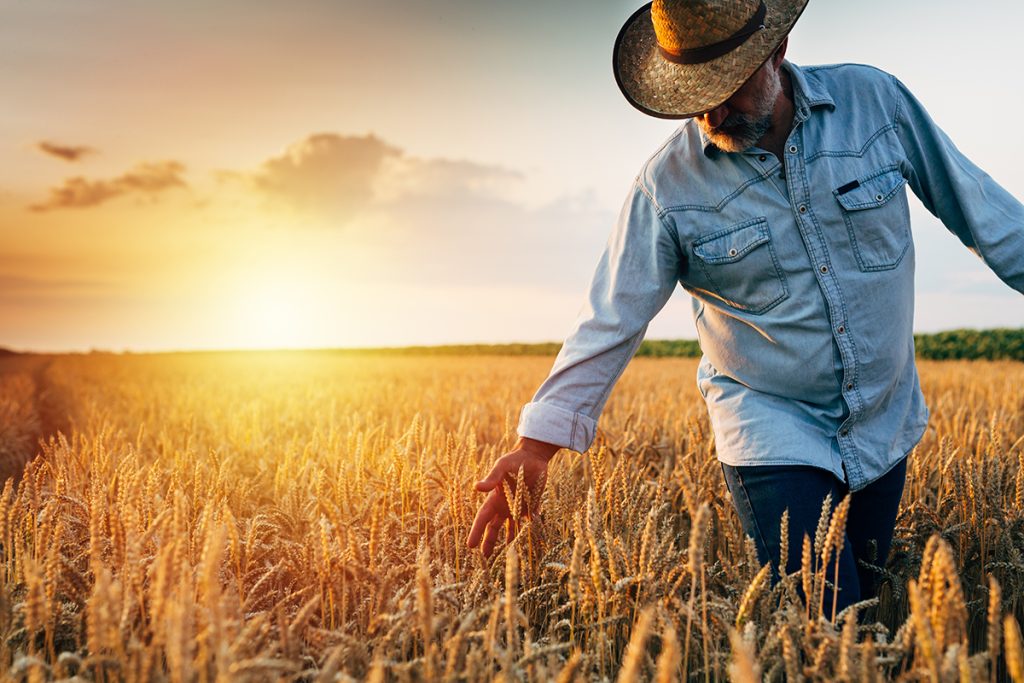As the Russia-Ukraine conflict continues into 2023, the effects on the agricultural industry are daunting. Along with the negative impact of the COVID-19 pandemic and climate change, the global economy and food supply have taken a major hit. In this post, we’ll look at some of the most significant agricultural consequences, as well as ways US landowners can help mitigate the effects.
Wheat, corn, and sunflower oil production
Before the conflict, Russia and Ukraine together were responsible for producing about 25% of the world’s wheat supply. But Russia’s attacks on Ukrainian infrastructure and the blocking of Ukrainian ships from exporting this essential crop to the rest of the world have caused major food shortages. Along with drone and missile attacks on Ukraine’s energy grid, Russia has purposefully targeted Ukrainian grain storage facilities as well as wheat processing plants.
As major producers of corn and sunflower oil, these important crops have been heavily impacted as well. Since the war began in February 2022, Ukraine’s grain and oilseed output was slashed from 5-7 million tons to 3.5 million. This drastic cut in exports has led to starvation, poverty, and significant deaths across the globe.
Fertilizer production
Along with crop production, the market for fertilizer has been greatly impacted by the Russia-Ukraine war. As the second-largest producer of the fertilizer components nitrogen, phosphorous, and potassium, Russia is responsible for 15% of all fertilizer exports.
The most important component, nitrogen, is a product of natural gas. Because Russia has largely halted its natural gas exportation, this has caused a major fertilizer shortage. Due to the shortage and subsequent cost increase, farmers are using less fertilizer, resulting in lower crop yields. Due to these stunted yields, food costs have inflated and will likely continue rising as farmers struggle to acquire enough fertilizer to maintain production.
Global food insecurity
According to the United Nations World Food Program, there are over 345 million people worldwide that are experiencing or in jeopardy of acute food insecurity. As more than double the number of people since 2019, this crisis has caused devastating consequences like starvation and death for those in poverty. It has also resulted in heavily inflated food prices around the world, hitting countries in the Middle East and North Africa particularly hard.
In the United States, overall food costs have increased by as much as 60%. But in more vulnerable countries like Sudan, inflation has caused price hikes as great as 1900%. As the war continues to rage on, global food insecurity will undoubtedly worsen as food prices continue to increase.
How US farmers and landowners can help
One effective and productive way that US landowners can help with the crisis is to enroll in the Conservation Reserve Program (CRP). This federal program calls for the conservation of vulnerable, highly eroded, and overcultivated land.
While CRP participants don’t directly contribute to the global food supply through crop production, they help make major improvements to US land and soil. Through conservation practices like grassland establishment, tree planting, pollinator initiatives, and wetland restoration, CRP helps remediate sensitive and deteriorating farmland and ecosystems. In addition to improving local water quality and wildlife populations, this also helps protect and prepare our country’s land to be used for crop production in the future. Thus, the future of food security is better preserved against disruptive events like the war in Ukraine.
Want to learn how you can enroll in CRP? Reach out to us at FDCE. Since 2006, our experts have been helping landowners sign up for CRP and establish conservation practices on their land. Along with herbicide application, documentation assistance, and seed establishment, we provide the highest quality CRP seed mixes through our sister company All Native Seed to ensure a successful stand. Contact us today to get your CRP project started.

